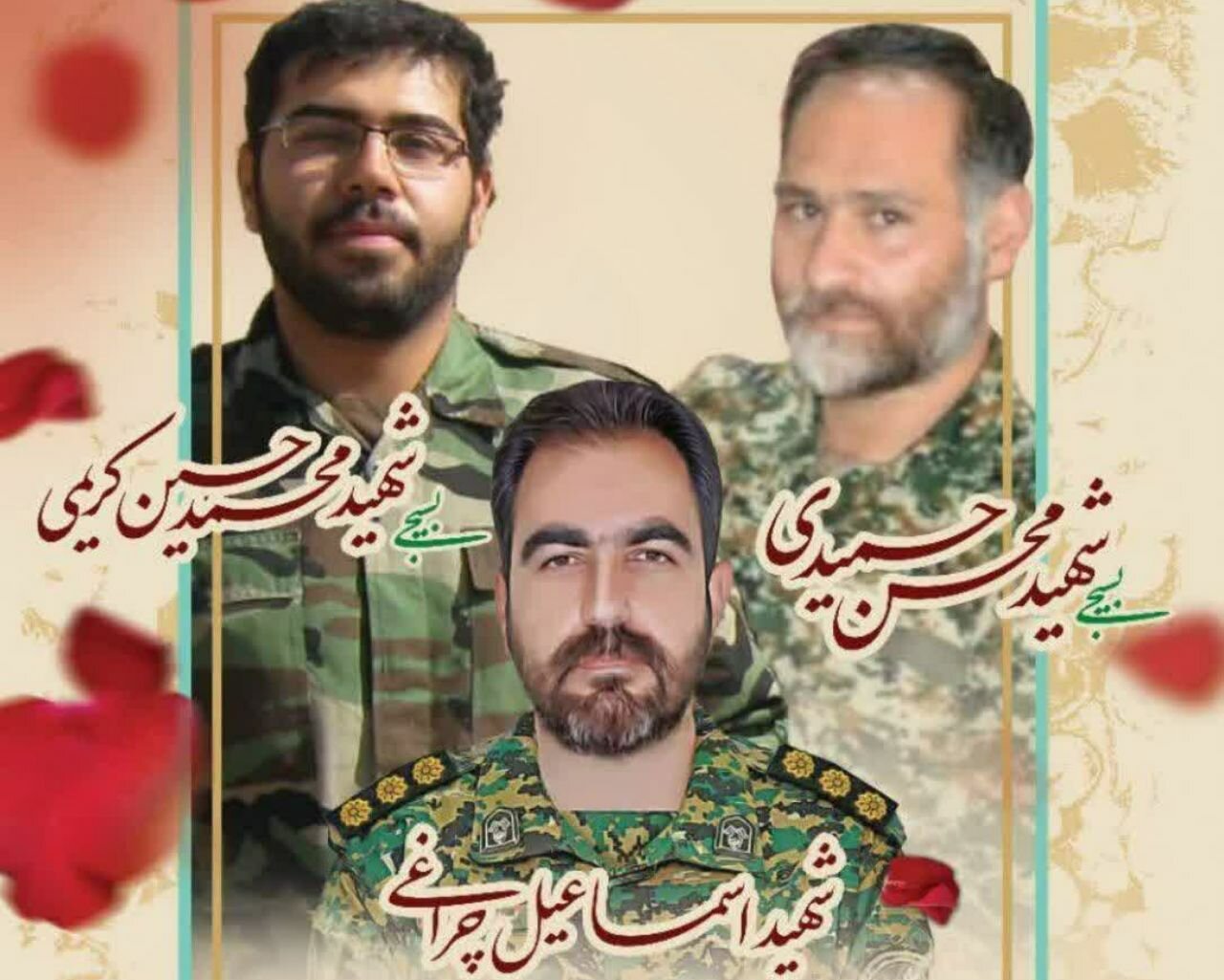Three convicted of terrorist attack in Isfahan executed

TEHRAN- On Friday morning the Iranian judiciary hanged three individuals who had been found guilty of participating in a terrorist act that led to the death of three security personnel in central city of Isfahan last year.
Majid Kazemi, Saleh Mirhashemi, and Saeed Yaghoubi were executed in the city of Isfahan, according to the Mizan news agency, which is connected to the judiciary.
They were found guilty of “moharebeh” (war against God) for killing three security guards — Ismail Cheraghi, Mohsen Hamidi, and Mohammad Karimi — on November 16, 2022, as a result of an armed terrorist attack on the Guard Square in the Khaneh Isfahan neighborhood.
With previous coordination among themselves, the attackers opened fire with the intention of murdering bystanders and police forces.
Several citizens and security personnel were hurt in the terrorist attack.
After the shooting the agents were arrested and the indictment was issued, Mizan reported.
Court hearings on the charges of six of the defendants in the case were held in Isfahan Province, the news agency added.
Based on the judgments issued by three of the defendants in the case, they were accused of using handgun on public roads, forming and managing a criminal group in a bid to disrupt national security as well as membership and cooperation with the terrorist MKO outfit.
The judiciary news outlet highlighted that they had been in direct contact with MKO terrorists and had carried out the terrorist assault on the order of the cultish group based in Albania.
According to the evidence and records in the case, as well as the defendants’ clear declarations, the gunshots carried out by these three persons resulted in the martyrdom of three security officers in Isfahan.
The other defendants in the case received jail sentences as well, and one of them was cleared of all accusations.
After the Supreme Court affirmed the verdicts, the executions took place.
Iran’s enemies have always pinned the blame on Tehran for maintaining its own security by punishing those who disrupt the country’s stability via ransacking and killing innocent people but they themselves violently crack down on those who hold peaceful protests.
Iranian officials have invariably announced that the country’s stability and citizens’ security are redlines and will not allow anyone or any country to violate them.
In the Isfahan case, they murdered security agents while they were trying to ease the tense situations, but bullets were their rewards.
When Iran holds murderers accountable, the so-called human rights activists claim that they were executed unfairly.
For example, rights groups purportedly said that they were subjected to torture, forced into televised confessions and denied due process.
Even the London-based Amnesty International popped up to say something about them. It said, “This is another example of the Iranian authorities’ brazen disregard for the rights to life and fair trial.”
All such bogus allegations are totally refuted by the relevant officials because they are found guilty in a fair court.
Iran’s archenemy has emerged again in a friendly manner to lambaste the execution but forgot to follow its own flaws about the people of color.
Robert Malley, the U.S. envoy for Iran, claimed in tweet on Thursday that his country stands with Iranians but it is the U.S. that is suffocating Iranian nation through illegitimate and inhumane sanctions.
After the death of a 22-year-old Iranian women Mahsa Amini, foreign-backed protests erupted in Iran in mid-September.
She fainted at a police station in Tehran’s capital and was confirmed dead three days later at a hospital.
According to an official investigation issued by Iran’s forensic medicine, Amini died as a result of a chronic disease rather than suspected blows to the skull or other key bodily parts.
The United States and the United Kingdom are among the nations whose espionage and propaganda networks, according to Iran’s intelligence community, were used to incite violent demonstrations there.
Rioters went on a rampage, viciously assaulting security personnel and wreaking havoc on public property.
On February 5, Ayatollah Seyed Ali Khamenei, Leader of the Islamic Revolution, pardoned or commuted the sentences of a huge number of inmates who had been detained during the riots.
All were included in the Leader’s amnesty except terrorists and murderers.
Leave a Comment